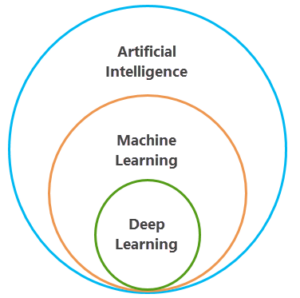What will you learn
This course offers a hands-on, practical introduction to deep learning in QGIS. You’ll start by exploring the basics of neural networks — how they work, how they’re built, and why they’re so effective in spatial analysis. Then, you’ll dive into real-world projects where you collect data, train models, and perform deep learning tasks directly in QGIS.
You’ll learn how to:
- Prepare and label geospatial data for training
- Use QGIS plugins to build and fine-tune deep learning models
- Apply your models to classify imagery, detect objects, and segment land cover
- Analyze large datasets using automation
- Communicate results through clear maps and visualizations
By the end of the course, you’ll be ready to apply deep learning to support smarter, faster decision-making in fields like infrastructure planning, environmental monitoring, or disaster response.
Why choose this course
At Geo-ICT, we believe advanced technology should be accessible, practical, and directly tied to real-world impact. That’s why this course is built around applied learning — not just theory.
Here’s what makes it stand out:
- Learn by doing: Every concept is applied in exercises drawn from real scenarios
- Expert guidance: Taught by professionals with deep experience in both AI and GIS
- Open-source tools: No expensive licenses — just QGIS, plugins, and your curiosity
- Relevant and future-ready: Gain skills that are in high demand across industries
Whether you’re new to deep learning or looking to take your GIS skills to the next level, this course provides a smart, approachable path into AI-powered spatial analysis.

